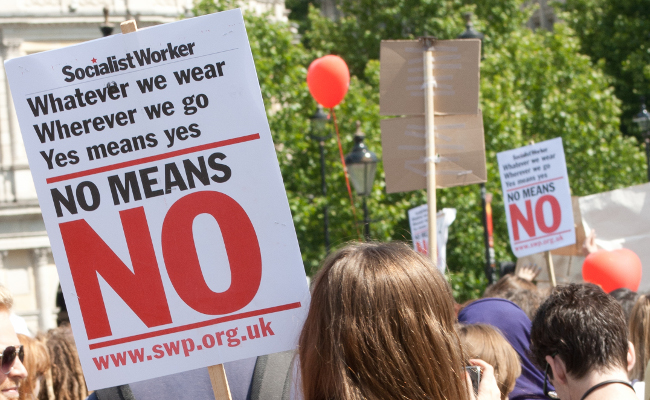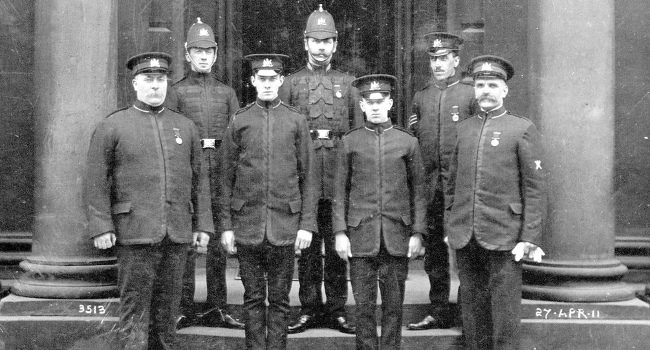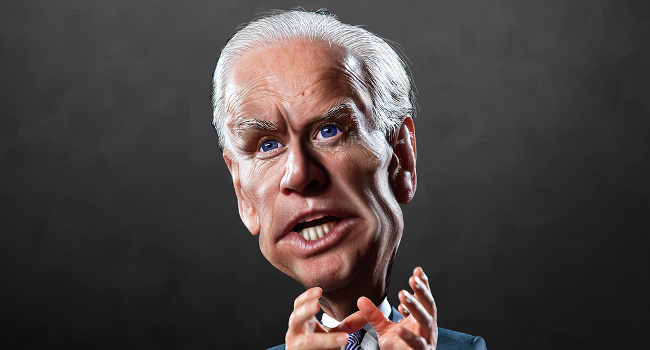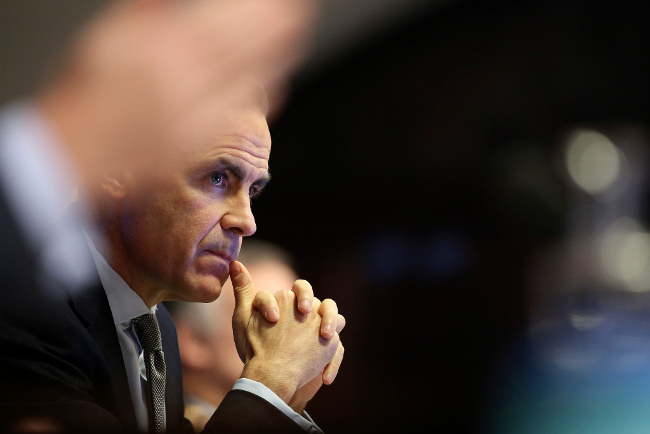“Sweeping claims for the benefits of demographic and cultural diversity have prevailed without a speck of evidence being asked for or given.” – Thomas Sowell, Intellectuals and Race
Theresa May, the home secretary and staunch but useless opponent of immigration, will on Thursday scold police for not doing enough to increase the diversity of their local forces.
Changing institutions to more accurately represent the demographics of the places they represent has in recent years become a popular task, but often it is merely asserted that “diversity” is a good thing without providing the evidence to back it up.
As such in a speech today Jackboot May will say:
“Increasing diversity in our police forces is not an optional extra. It goes right to the heart of this country’s historic principle of policing by consent. We must ensure that the public have trust and confidence in the police, and that the police reflect the communities they serve.”
“Policing by consent”, as the Home Office itself noted in December 2012, “refers to the power of the police coming from the common consent of the public, as opposed to the power of the state.”
How this applies to towns diced up into different ethnic enclaves is not exactly clear, but one might well assume that just as “no individual can chose to withdraw his or her consent from the police, or from a law”, the same might well apply to different groups in a multicultural society.
(Aside: One should always question when the word “community” is used whether it reflects a reality or an aspiration. More often than not, it is the latter.)
But all that said, the problem with May’s lauding of diversity is that there is evidence that recruiting non-whites into police roles does not necessarily lead to “consent” from particular ethnic groups.
Eli Silverman, a professor at New York’s John Jay College of Criminal Justice, told Fusion that captain Ron Johnson, a black copper called into Ferguson in the US after the race riots, was branded an “Uncle Tom” by locals, “a puppet doing the white man’s bidding.”
No doubt this made him a less than effective ambassador between the disenfranchised blacks in Ferguson and their largely white police force.
It is also not entirely the fault of police forces that they remain more white than the regional population, since recruiting from ethnic groups with low levels of trust in the police is clearly harder than recruiting from ones with high levels of trust in the police.
But all this should be mere prelude to the most pertinent question: Are police forces with ethnic compositions similar to the areas they police more effective?
The answer? Possibly, but not because the skin colour of officers matters in itself.
In 2003 Brad Smith, a researcher from Wayne State University in Detroit, sifted through the data on racial diversity and police killings in cities in the US and concluded there was not much of a relationship between the two.
Other studies have drawn similar conclusions about police brutality and diversity, though as one study by Ivan Sun and Brian Payne from 2004 noted:
“Black officers are also more likely than white officers to conduct supportive activities in predominantly black neighbourhoods, whereas they do not differ in initiating supportive actions in racially diverse communities.”
Though diverse police forces are not necessarily more trusted than uniform police forces, greater understanding of a given ethnic group is likely to create the impression that the police are on their side.
Some American forces even require that police live within city limits, a rule which exemplifies the “policing by consent” mindset that May referenced above – though it should be noted such rules are enforced haphazardly even where they do exist.
To conclude then, whilst diversity within the force can ease a unit’s ability to establish trust with particular ethnic groups, hiring more black or other ethnic minorities is unlikely to yield this effect without more fundamental shifts in how police do their jobs.
It is easy, and a good piece of virtue-signalling, for May to call for more “diversity”. But if she was serious about improving police relations with ethnic minorities, she would be doing a lot more.
Image Credit – Edinburgh Police, April 1911 by Bruce R





